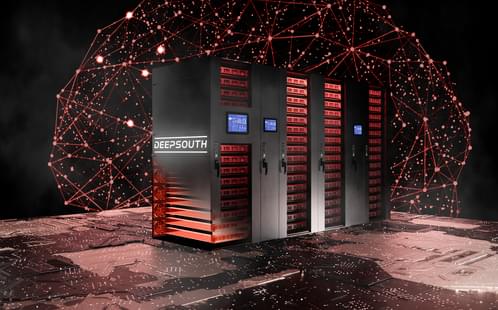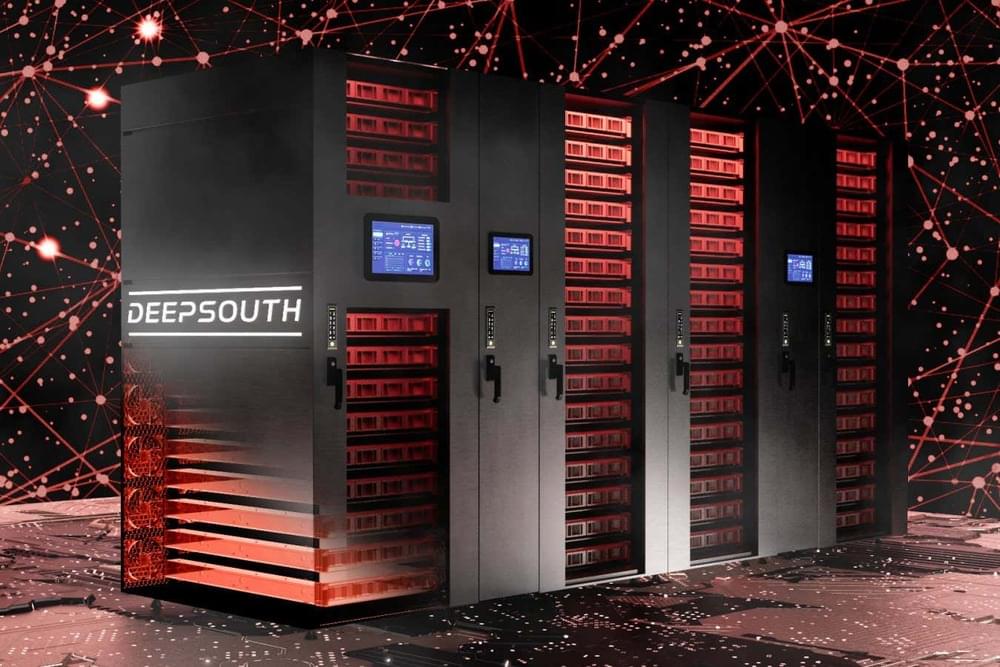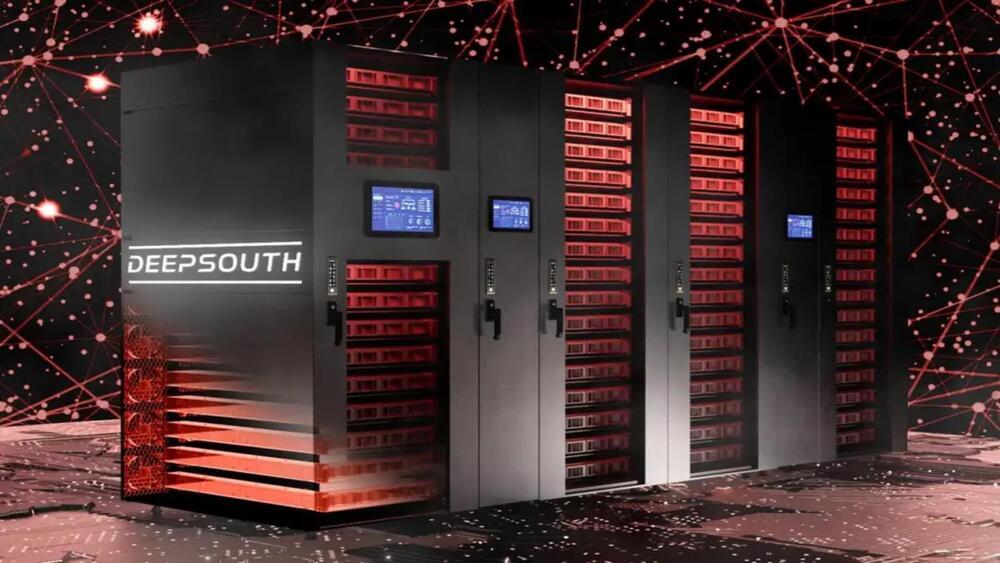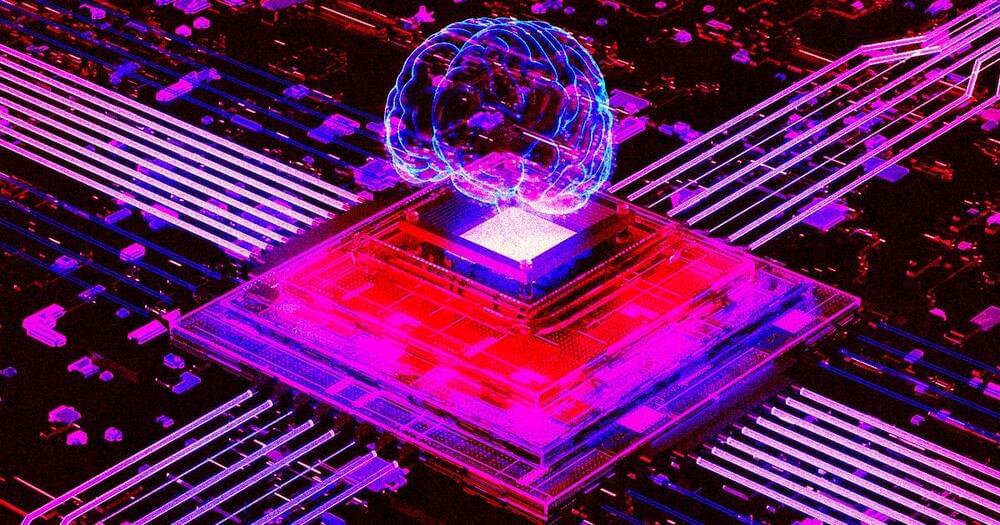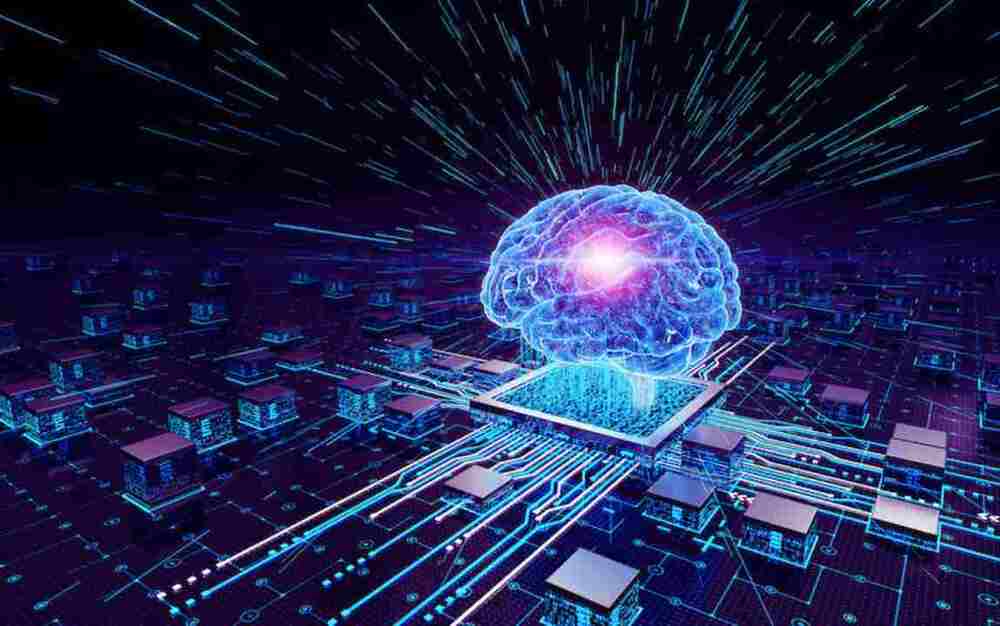Dec 19, 2023
IBM demonstrates useful Quantum computing within 133-qubit Heron, announces entry into Quantum-centric supercomputing era
Posted by Genevieve Klien in categories: law, mathematics, quantum physics, supercomputing, sustainability
At its Quantum Summit 2023, IBM took the stage with an interesting spirit: one of almost awe at having things go their way. But the quantum of today – the one that’s changing IBM’s roadmap so deeply on the back of breakthroughs upon breakthroughs – was hard enough to consolidate. As IBM sees it, the future of quantum computing will hardly be more permissive, and further improvements to the cutting-edge devices it announced at the event, the 133-qubit Heron Quantum Processing Unit (QPU), which is the company’s first utility-scale quantum processor, and the self-contained Quantum System Two, a quantum-specific supercomputing architecture, are ultimately required.
But each breakthrough that afterward becomes obsolete is another accelerational bump against what we might call quantum’s “plateau of understanding.” We’ve already been through this plateau with semiconductors, so much so that our latest CPUs and GPUs are reaching practical, fundamental design limits where quantum effects start ruining our math. Conquering the plateau means that utility and understanding are now enough for research and development to be somewhat self-sustainable – at least for a Moore’s-law-esque while.


